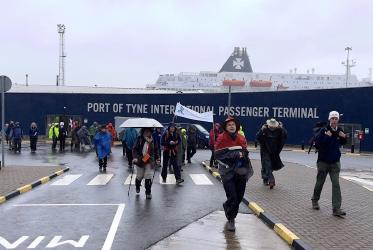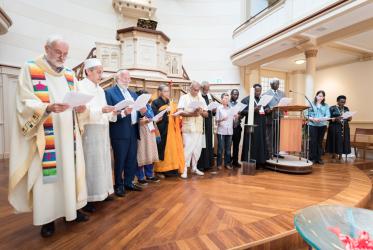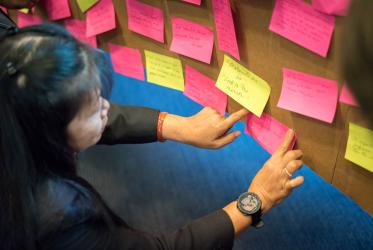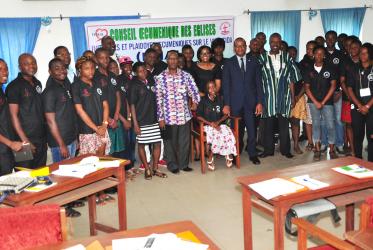Displaying 1 - 20 of 21
Young people in Togo: “Hear our voice! We want to tell our stories!”
07 November 2019
Knowledge of gender roles deepens in Togo
03 June 2019
All pilgrim routes lead to COP24
11 December 2018
Faith groups at COP24 advocate for just transitions
05 December 2018
What difference does dressing in black make?
02 August 2018
Working toward an AIDS-free generation
26 July 2018
Building bridges of faith in the HIV response
25 July 2018
Building Bridges in the global HIV response
25 July 2018
Faith communities advocate climate justice at COP19
27 November 2013
















